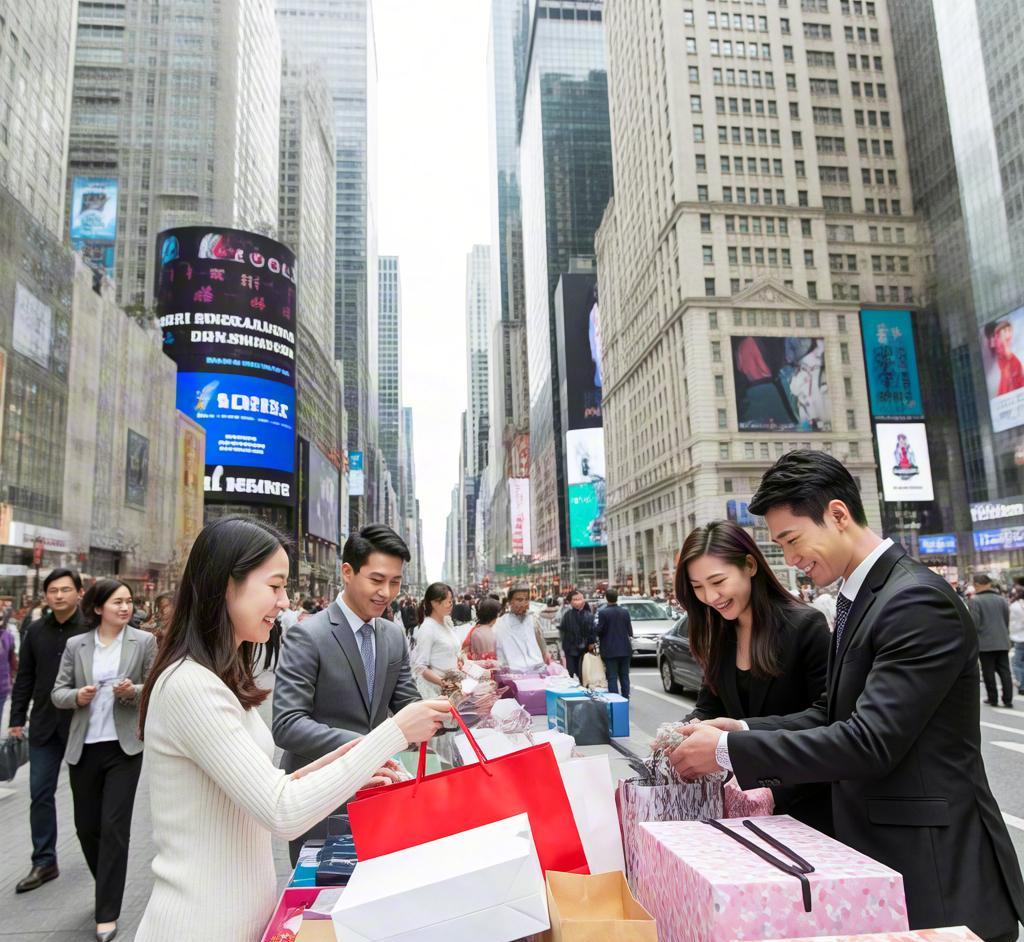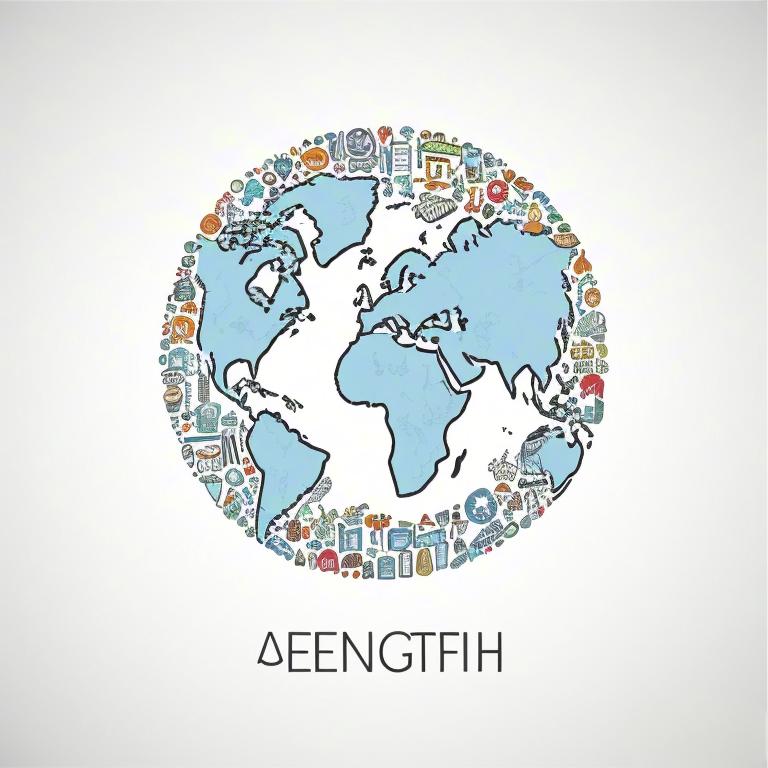Unexpected effect: American shoppers flock to China, and the consumption pattern quietly changes
The US government is wielding the stick of tariffs in an attempt to contain Chinese goods through a trade war, but it has unexpectedly sparked a cross-border consumer backlash - China is transforming from a "world factory" to the "world's largest duty-free shop". From luxury goods to holiday decorations, from first tier cities to wholesale markets, American consumers are voting with their feet, sparking a "reverse cross-border shopping" craze. Behind this wave of consumption is a triple combination of policy dividends, price valleys, and cultural experiences, reflecting the subtle logic of economic competition in the era of globalization.
1、Policy dividend: visa free extension+departure tax refund, transforming Chinese tourism into a 'shopping carnival'
The two policies introduced by China can be called "divine assists". The visa free transit time has doubled: from 144 hours to 240 hours, allowing American tourists to no longer be satisfied with "one-day airport transfers", but to head straight to high-end shopping malls such as Beijing SKP, Shanghai Henderson Land, Guangzhou Taikoo Hui, and open a "buy out counter" mode.
Buy and refund, exit tax refund: A 11% value-added tax refund is implemented nationwide, with on-site shopping and cashback, transforming China into a "walking duty-free shop". A netizen joked, "What kind of shopping is this? It's like a 'zero yuan purchase' experience
2、 Price Depression: Increased Tariffs Turn into a 'Reverse Booster'
Taking the luxury handbag priced at $2000 in New York as an example, after the imposition of a 145% tariff, the US price soared to $4900. The same package is only sold for $2000 in China, and after tax refund, the actual payment is $1780, saving $3120 enough to cover round-trip airfare. Even more exaggerated is that the price of Christmas decorations in Yiwu wholesale market is only 30% of the retail price in the United States, and American families even form groups to "go shopping" and fill their suitcases with festive atmosphere.
3、 Cultural Experience: The Path to Advancement from "Shopping Cart" to "China Pass"
The explosive popularity of the American internet celebrity "hyperthyroidism brother" has revealed another layer of significance for this consumption boom. In his lens of China, there is no such thing as the "dirty and messy" portrayed by Western media, but rather a digital life of high-speed trains, subway QR codes scanning, and on-demand food delivery; He is an old man who plays Tai Chi in the park in the morning, and a young man who plays strip the skewers at the barbecue stall in the late night. This vivid "Chinese narrative" has led American tourists to shift from "buying and buying" to "in-depth travel", and some even plan to bring their children to China in the future to "study and shop together".
4、 Hidden worries and inspirations: the economic game behind the consumer backlash
This trend is not without hidden concerns. On the one hand, high-end shopping malls in China are facing "sweet troubles" - the surge in foot traffic has led to popular brands running out of stock, and some stores even limit the number of purchases per person; On the other hand, the domestic retail industry in the United States has been hit hard, with some businesses bluntly stating, "Tariff policies are killing our business
But from a more macro perspective, this may be an unexpected "win-win" situation. China attracts high-end customers through consumption upgrading, while leveraging tourism to promote cultural soft power; American consumers have proven through their actions that when market rationality surpasses political manipulation, economic laws will eventually break down barriers.
Conclusion: When shopping carts become "voting tools", the world is reconnecting
From Yiwu small commodities to Chengdu SKP, from internet celebrity live streaming to high-speed rail travel, this consumer backlash reveals a truth: in the wave of globalization, any unilateral policy can trigger a "butterfly effect". When American shoppers vote with their feet, they are not only choosing products, but also redefining the relationship between consumption and politics. China, on the other hand, is writing a new chapter of "buying the world and selling the world" with an open and inclusive attitude.

本文由老陈说事网站所有,非授权同意不能转载。网址:https://www.huangsien.ink/?id=4
1.本站遵循行业规范,任何转载的稿件都会明确标注作者和来源;2.本站的原创文章,请转载时务必注明文章作者和来源,不尊重原创的行为我们将追究责任;3.作者投稿可能会经我们编辑修改或补充。


